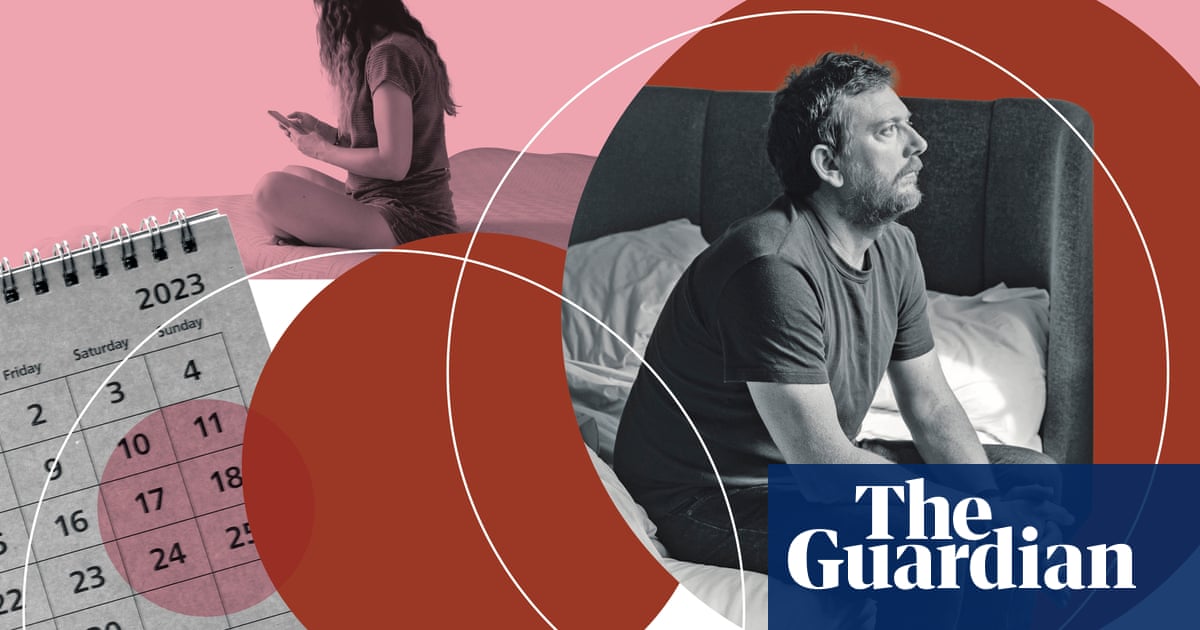
The sight of the Ka’bah, the black cube around which worshippers circle in pilgrimage, is overwhelming. The first time I visited Mecca, taken there by my parents as a teenager and expecting that the visit would be a chore to be sulked through, the sheer size of the site, from area to ceiling height, made it difficult to maintain a cool distance.
It wasn’t just the dimensions. The details all combined to make the scene hum with an otherworldly energy. The floors were a white, gleaming marble, cool to the touch of bare feet. The lights seemed to bathe the site from the very sky. The sound of prayer streamed through every corridor and corner as if the voices of the imams had a supernatural reach. I felt small.
Then there were the people. So many people. All dressed in white. All moving in unison, rising, falling, circumambulating, chanting with one voice. The impact was almost hallucinogenic. The effect was not only that you were at the feet of a higher power, but that there was a swirling, rhythmic, natural order to that power – that the choreographed ritual of worship was a cosmic act.
I was moved not because some spiritual presence had made itself felt, but because architecture, technology, history and fable had all come together to produce that effect. Powerful physical structures had been raised, and powerful metaphysical structures built upon them. It was the microphones positioned strategically and recessed away from sight, the football stadium lights, the marble and black and gold. It was, above all else, the tremendous amount of money that had been poured into the pilgrimage site to create the impression of spiritual grandeur, so that the crowds flocking there could continue to come and feel small beneath it.
I felt an echo of that diminishment-by-design when watching the Queen’s funeral – and I’m sure it will be felt again with King Charles’s coronation next year. In a year that will now be marked out by the death and crowning of a monarch, that same combination of ritual, resources and performance will further establish the royal family as a guild that is of much greater importance than us mere citizens. When a crown is placed on a man’s head and the nation asks God to save him, it reinforces the idea that royalty is a towering, natural phenomenon connected to a world that is far beyond us as individuals.
The late Hilary Mantel knew better than most how the appropriation of deference to sanctified individuals and religious structures helps to maintain the power of elites. The timing of her death last week only amplified the loss, gripped as the nation was at the time after the Queen’s passing by a singular narrative of mourning.
Mantel’s main body of work was occupied with revealing the legacy of over-empowered and unaccountable monarchs, and the courtiers and cardinals who serve their whims, be they sexual or political. She understood that historical mysticism about royalty helped us to make sense of the very modern trend of poring over the royal family’s every move in the tabloid press. We can revere it and also kid ourselves that it is known and accessible to us by deciding who plays what in the cast: who is the comely princess, the Jezebel, the beloved but wayward son. At once “one superhuman”, Mantel said, “and yet less than human”.
I’m not suggesting that it is all a trick of the light, and there is no genuine affection for the Queen and support for the royal family. But dominant institutions understand very well that it can feel good to feel small. That standing on a cliff and feeling reduced by the forces of nature and the aeons that are their minutes can be exhilarating and therapeutic. That in us there is a basic human impulse to feel that you are part of something larger, intricately connected and over your head. And they understand, too, that this can be co-opted. Because there is comfort in knowing that there are people who know better, who are better, and who in their beneficence have provided us with the spaces and rituals through which to get to know and commune with them.
There is another illusion: that of a nation galvanised by its royal family rather than marshalled towards it. The Queen’s funeral, which many saw as a colossal moment of national collective mourning, looked instead like a longing for togetherness that has very few other outlets.
When funding for youth centres from local councils evaporates, libraries are sold to property developers, and support for the elderly is slashed so that a carer can barely find the time to meet your basic needs much less take you for a walk, the result is atomised, lonely, fractured communities.
It is a comforting idea that we are one nation united beneath our betters. If you feel differently, you will feel completely in a minority and completely out of touch with the servile consensus of politicians and the media, who have either written you out of the story or sometimes, in the case of recent anti-monarchy protests, physically ejected you from it. It is impossible to tell how many others feel the same as you, because the British media and the British government and opposition have overwhelmingly decided that your views don’t matter, and that the royal family is too sacred to be violated by the blasphemy of neutrality.
The success of this monoculture and the fabrication of consent is passed off (or misread) as people only wanting a sense of unity and investment in a common noble idea. The salt in the wound is that it is precisely because there are no other avenues for people to feel that way on their own terms – because those avenues have been dismantled by the state – that they are so easily shepherded towards the safe, non-disruptive spaces the state and the elite approve of. While your rights to peaceful protest may be a little more limited these days, you do have the right to join the queue for the lying in state and the coronation.
Often I feel a sort of homesickness for a time – not a physical place – when I could allow myself to be carried along and feel these moments of belonging, no matter how manufactured they were. There is a profound sense of loss in not being able to do so. But the Queen’s elaborate death rites, and a new King whom we will be told to celebrate, are stark and unsettling reminders that these rituals establish a national account of ourselves that we do not create, merely consume. As Thomas Cromwell says to Thomas More in Mantel’s Wolf Hall, a lie is no less a lie because it is a thousand years old.
Nesrine Malik is a Guardian columnist












